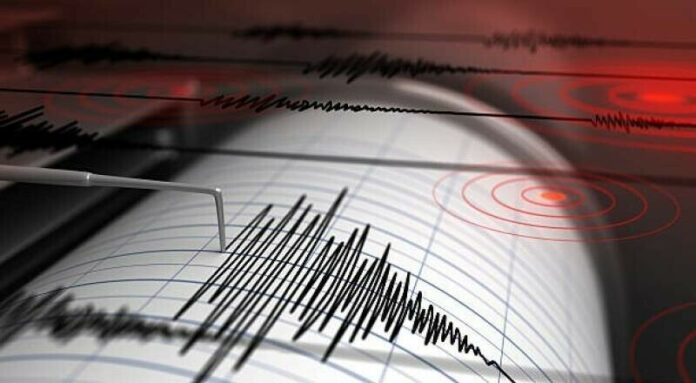PESHAWAR – Panic spread across the city on Wednesday as a mild earthquake in Pakistan struck Peshawar. The tremor had a magnitude of 4.7 on the Richter Scale.
According to the Seismological Centre, the epicentre was located in the Hindu Kush mountain range of Afghanistan. The depth of the tremor was reported to be 211 kilometres below the surface.
This latest earthquake in Pakistan comes almost a month after a stronger jolt hit the region. That quake had a magnitude of 5.3 and affected Islamabad, Mardan, Swat, Swabi, Nowshera, and North Waziristan. Its epicentre also lay in the Hindu Kush, at a depth of 230 kilometres. The coordinates were 36.63 N latitude and 71.13 E longitude.
Before that, two more quakes had been felt across various regions of the country. On April 12, a 5.5 magnitude earthquake in Pakistan shook parts of Punjab, Khyber Pakhtunkhwa, and the twin cities of Islamabad and Rawalpindi. That tremor occurred at a shallow depth of just 12 kilometres.
Tremors from the April 12 quake were also reported in Attock and Chakwal. In KP, the quake was felt in several districts including Peshawar, Swabi, Mohmand, Nowshera, Lakki Marwat, Malakand, Lower Dir, Mardan, and Shabqadar.
Just four days later, on April 16, another earthquake in Pakistan—measuring 5.3—rattled areas of KP, Azad Jammu and Kashmir, Punjab, and parts of Afghanistan. These frequent seismic events have raised concerns among residents and experts alike.
Pakistan is no stranger to tremors. The country lies on the active boundary between the Indian and Eurasian tectonic plates. Much of South Asia faces seismic risk due to the northward push of the Indian plate.
While northern regions often face tremors, Karachi has also seen unusual seismic activity. According to Chief Meteorologist Aamir Haider, the city experienced around 30 mild quakes over a few days. These quakes were traced to activity along the Landhi Fault Line, which has become active again after many decades. Experts believe the area is undergoing a phase of tectonic adjustment.
The frequent jolts, whether minor or severe, show how important earthquake preparedness is in Pakistan. As the ground continues to shift, citizens remain alert to any further activity.


